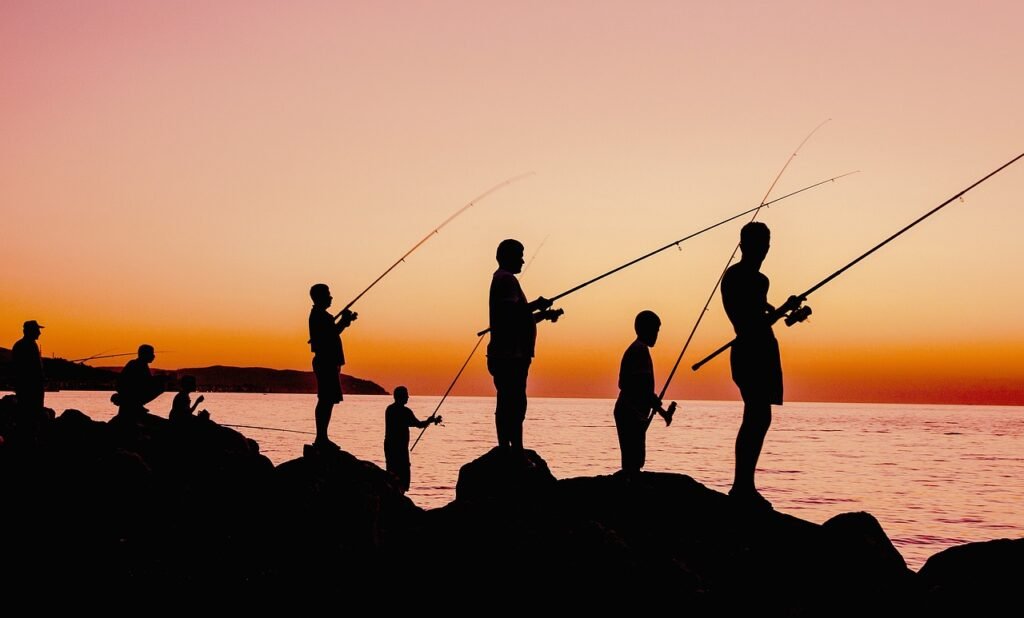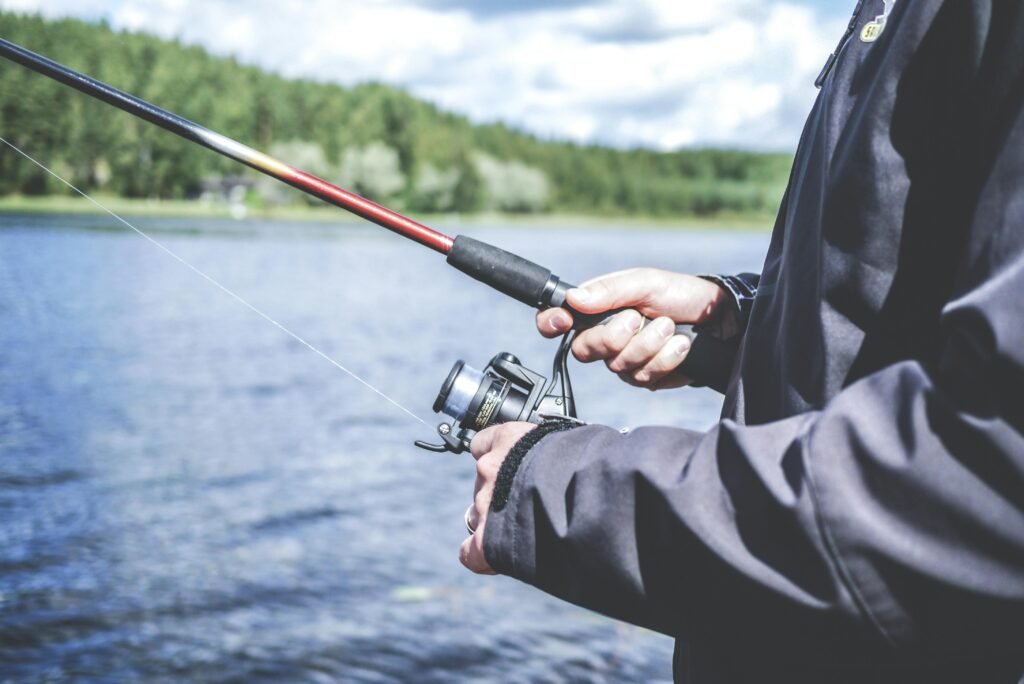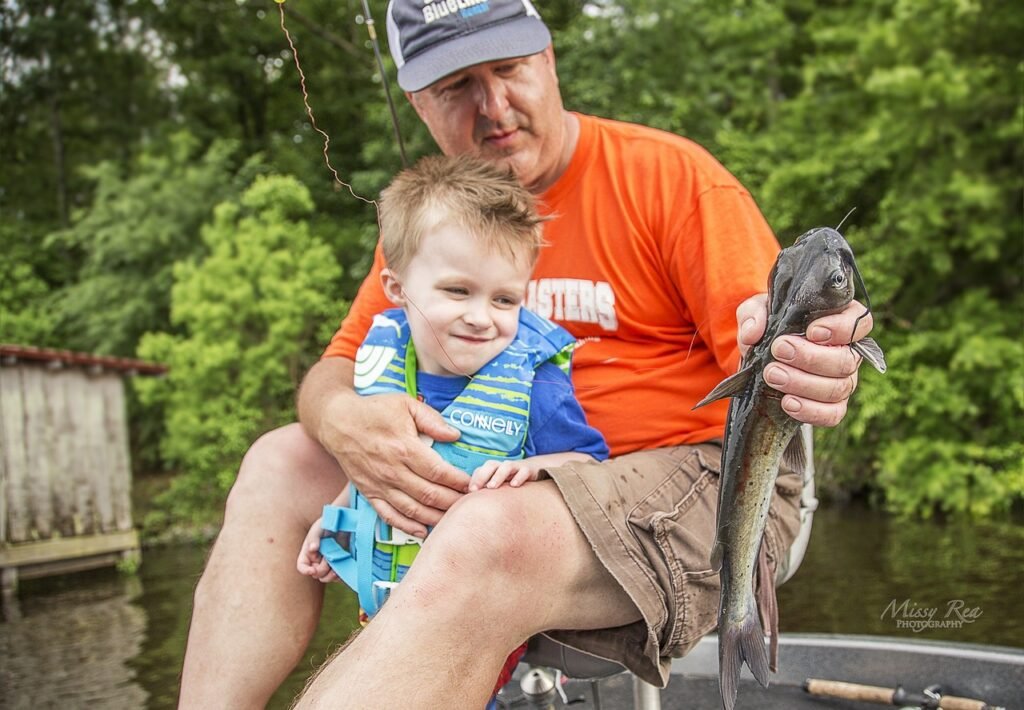Fishing has long been a favorite pastime, a serene escape into nature where patience and skill come together. However, for some, fishing transcends the tranquil moments by the water’s edge and becomes a thrilling competition. Fishing competitions, particularly those focusing on freshwater species, are gaining popularity. These events bring together passionate anglers who revel in the sport’s challenges and rewards. Whether you’re a seasoned competitor or a recreational fisher contemplating your first tournament, understanding the preparation and strategy involved can make all the difference.
A Tale of Two Fishers
Let me tell you a story about two friends, Jack and Tom, who loved fishing in their local lake. Every weekend, they would pack their gear and head out to the water, enjoying the peace and quiet while hoping to catch the biggest fish. One day, they heard about an upcoming fishing competition at the lake. Excited by the idea, Jack and Tom decided to enter.
Jack, confident in his usual approach, didn’t change much about his routine. He believed that his luck and general fishing skills would see him through. Tom, on the other hand, took a different path. He researched, prepared meticulously, and developed a strategy. What followed was a stark contrast in their experiences and results.
The Importance of Preparation
Understanding the Water and Species
Tom’s first step was to understand the lake better. Though he had fished there many times, he knew that familiarity with the water’s layout and the behavior of its fish would be crucial. He studied maps of the lake, noting areas with underwater structures, drop-offs, and vegetation — places where fish might congregate.
He also researched the specific species targeted in the competition. Knowing their feeding habits, preferred baits, and peak activity times allowed him to plan his approach. Jack, in contrast, relied on his usual spots and methods without delving into the specifics.
Gear and Tackle
Another part of Tom’s preparation was ensuring his gear was up to the task. He checked his rods, reels, lines, and lures, making sure everything was in top condition. He knew that having the right tackle for different situations could significantly impact his success. Tom also packed extra equipment, from hooks to sinkers, so he could quickly adapt if something didn’t go as planned.
Jack, meanwhile, stuck with his regular gear, assuming it would suffice. Unfortunately, this meant he wasn’t as prepared for varied conditions or unexpected challenges.
Developing a Strategy
Adaptability and Problem-SolvingPre-Competition Practice
One of the most critical aspects of Tom’s strategy was practicing before the competition. He spent several days at the lake, experimenting with different baits and techniques, observing how the fish reacted to various conditions. Tom meticulously took notes on the weather, water temperature, and time of day, which helped him understand the best times and techniques to use. This comprehensive practice helped him refine his approach and gave him confidence in his game plan, making him feel well-prepared and optimistic about his chances.
Jack, on the other hand, saw practice as unnecessary. He believed his years of experience alone would carry him through, missing out on the valuable insights gained from trial and error. Jack felt his previous successes made additional practice redundant, not realizing that each competition presented unique challenges that required adaptation and preparation.
Timing and Patience
On the day of the competition, Tom arrived early, giving himself time to settle in and start fishing at optimal spots during peak times. He was patient, knowing that rushing wouldn’t help. Tom paid attention to the subtle cues in the water, like ripples and fish movements, and adjusted his tactics as needed. He also made sure to bring a variety of baits and lures to adapt to the fish’s behavior throughout the day. Tom’s methodical approach allowed him to make informed decisions, maximizing his chances of success.
Jack, however, was more impatient. He moved from spot to spot quickly, not giving himself enough time to thoroughly test each area. His hasty approach led to missed opportunities and frustration. Jack’s lack of preparation and patience resulted in a scattered strategy, where he couldn’t capitalize on the prime fishing moments. This impatience not only affected his performance but also his confidence as the competition progressed.
Reading the Conditions
Fishing conditions can change rapidly due to factors like weather, water temperature, and fish behavior. During the competition, Tom closely monitored these changes, keeping an eye on subtle shifts in wind direction, cloud cover, and water clarity. If the fish weren’t biting in one area, he adjusted his strategy, moving to different spots, changing lures, or varying his retrieval techniques rather than stubbornly sticking to what wasn’t working. His proactive approach allowed him to stay ahead of the competition.
In contrast, Jack’s lack of adaptability was evident. When faced with unproductive spots, he grew frustrated and stuck to his initial plan, hoping for a stroke of luck rather than actively seeking solutions. He continued casting in the same manner, refusing to change lures or locations, which ultimately cost him valuable catches.
Staying Calm Under Pressure
Competitions can be stressful, especially when facing tough conditions or witnessing other competitors’ successes. Tom remained calm and focused, trusting his preparation and strategy. He took deep breaths, stayed positive, and recalled past experiences where patience paid off. This composure helped him make better decisions under pressure, such as when to switch tactics or when to persevere with a chosen method.
On the other hand, Jack, feeling the pressure mount, became increasingly agitated. His frustration clouded his judgment, leading to mistakes and missed catches. His anxiety caused him to rush his movements, making sloppy casts and losing precious time untangling knots or retrieving snagged lines. Instead of reflecting on what might improve his chance of success, he dwelled on his frustrations, which further hindered his performance.
The Outcome
As the competition drew to a close, the contrast between Jack and Tom’s approaches was clear. Tom’s thorough preparation, strategic planning, and adaptability paid off. He caught several impressive fish and enjoyed a successful competition, finishing among the top competitors.
Jack, despite his initial confidence, fared less well. His reliance on luck and experience without adapting to the competition’s demands left him disappointed.
Lessons Learned
Jack and Tom’s story highlights the importance of preparation and strategy in fishing competitions. Here are some key takeaways for anyone looking to compete:1. Know the Water and Species: Familiarize yourself with the fishing location and the target species. Understand their habits, preferred habitats, and feeding patterns. Research the history of the area and talk to locals or other anglers about their experiences to gain valuable insights.
- Prepare Your Gear: Ensure your equipment is in excellent condition and suited to the competition’s requirements. Bring extra tackle, lines, and lures to handle any situation that may arise. Check your rods and reels for any wear and tear and make necessary adjustments or repairs.
- Practice Before the Competition: Spend time on the water before the event, testing different approaches and learning what works best. Practice casting techniques and familiarize yourself with the terrain and underwater structures. This hands-on experience can help you refine your strategy.
- Develop a Strategy: Plan your approach based on your research and practice. Consider timing, location, and techniques. Analyze weather patterns and water conditions to determine the best times to fish. Create a backup plan in case your primary strategy doesn’t yield results.
- Stay Adaptable: Be ready to adjust your tactics based on changing conditions and fish behavior. Flexibility can make all the difference. Monitor the environment throughout the day and be prepared to switch lures, change locations, or try different fishing methods as needed.
- Keep Calm Under Pressure: Maintain your composure and focus, even when things get challenging. Clear thinking leads to better decisions. Practice stress-relief techniques such as deep breathing or visualization to stay calm. Remember, a clear mind will help you overcome obstacles and make the most of your fishing experience.
Conclusion
Fishing competitions offer a unique blend of challenge and excitement for recreational fishers. The thrill of competing, combined with the opportunity to hone your skills, makes these events truly special. By taking a page from Tom’s book — understanding the water, preparing meticulously, and developing a solid strategy — you can increase your chances of success and fully enjoy the competitive fishing experience.
So, whether you’re gearing up for your first competition or looking to improve your results, remember that preparation and strategy are your best allies. Embrace the journey, learn from every experience, and, most importantly, have fun along the way. Happy fishing, and may your lines always be tight!



